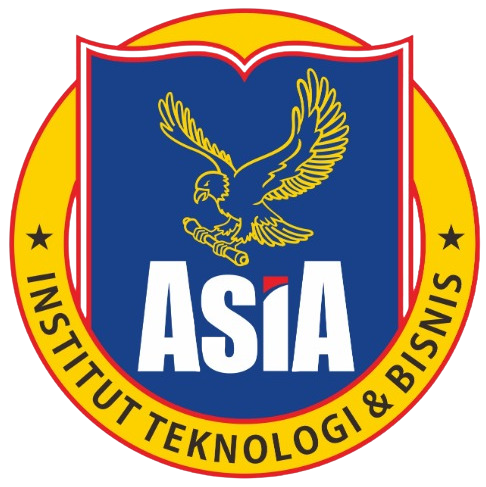ECO TOURISM DEVELOPMENT STRATEGY IN SEMARANG CITY
Case of Mangrove Tugurejo Ecotourism
DOI:
https://doi.org/10.32815/jibeka.v16i1.436Keywords:
Conservation, Ecotourism, Mangrove, Tugurejo Semarang, YouthArticle Metrics
Abstract
This study aims to design an ecotourism development strategy and calculate its economic value. The research method used is a "mixed method" approach. The qualitative approach is obtained from in-depth interviews with parties involved in developing and managing the Tugurejo mangrove forest conservation, which is processed using the NVivo application. In contrast, the quantitative approach is processed using the analysis of the contingent assessment method (CVM) and willingness to pay (WTP). The study results show that the role and involvement of youth are crucial in the preservation of Ecotourism Areas. Conservation is needed in the sustainable development of Ecotourism Areas with the part and participation of youth. The average amount of WTP is Rp. 10.000.00. The economic value of income for one year is estimated to generate Rp revenue. 280,000,000.00 with a ticket of Rp. 5,000 (including parking).
Downloads
Downloads
Published
How to Cite
Issue
Section
License
Happy reading. Don't be shy to cite








